Keywords: Geraldine Doogue
There are more than 24 results, only the first 24 are displayed here.
Become a subscriber for more search results.
-
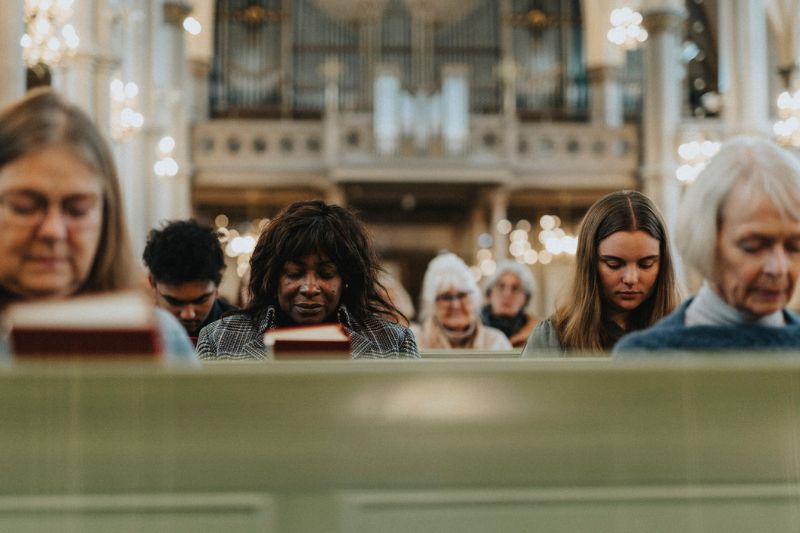
RELIGION
- Elizabeth Young
- 15 August 2024
12 Comments
Copious research has demonstrated the historical existence of women deacons, including St Phoebe, the only person in scripture with the descriptor Deacon. So how far off is Australia from ordaining women deacons?
READ MORE
-

INTERNATIONAL
- Geraldine Doogue
- 18 June 2024
1 Comment
I wonder how many Australians were captivated, as was I, by the 80th anniversary D-Day celebrations? They seemed epochal to me: a reminder of something remarkable and a pointer to something possible, namely new resolve to maintain peace in Europe. Not too many Australians, as it turned out, were similarly mesmerised.
READ MORE 
-
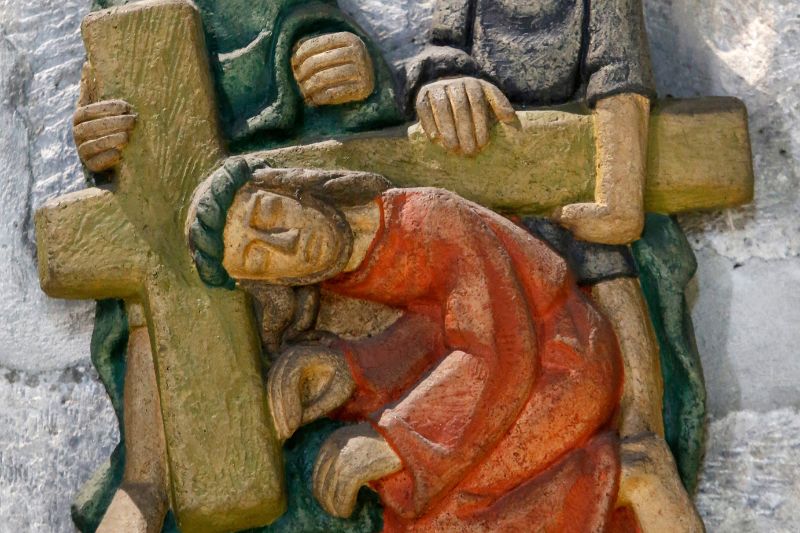
RELIGION
- Geraldine Doogue
- 02 April 2024
5 Comments
Each year, the Stations of the Cross liturgy affects me more than I had planned. Annually, I am left wondering: why does this ritual work? Well, it has much to offer: a narrative with exposition, climax and denouement; characters big and small; blood, gore, politics, virtue, cowardice and a pointer towards mystery.
READ MORE
-
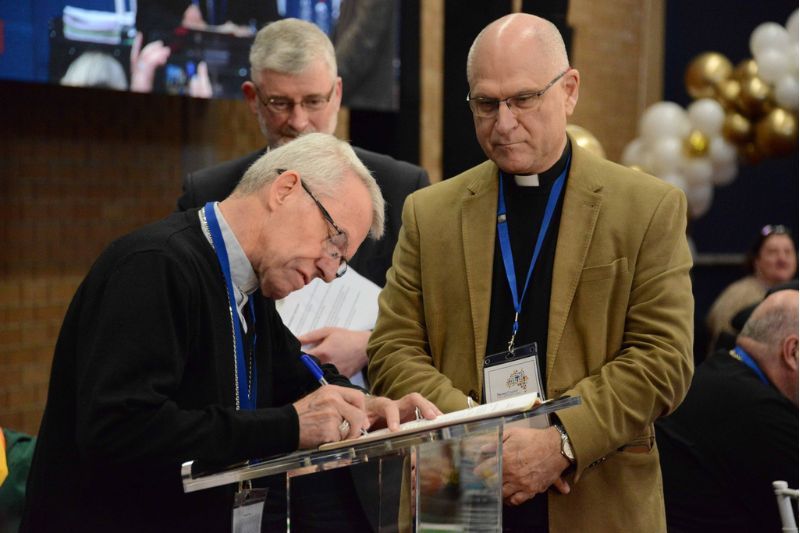
RELIGION
- Geraldine Doogue
- 27 July 2022
7 Comments
What did the Plenary mean exactly, and what is next for the church? Secretary to the Council, Fr David Ranson, offers a rich and bracingly realistic set of observations about the Plenary Council. As secretary, Fr David was deeply absorbed in the lead-up, in the events of the week itself and now in assessing what comes next. He might surprise you with his judgements. They're delivered by a man with an acute sense of Church procedures but also with an eye to possibilities.
READ MORE 
-
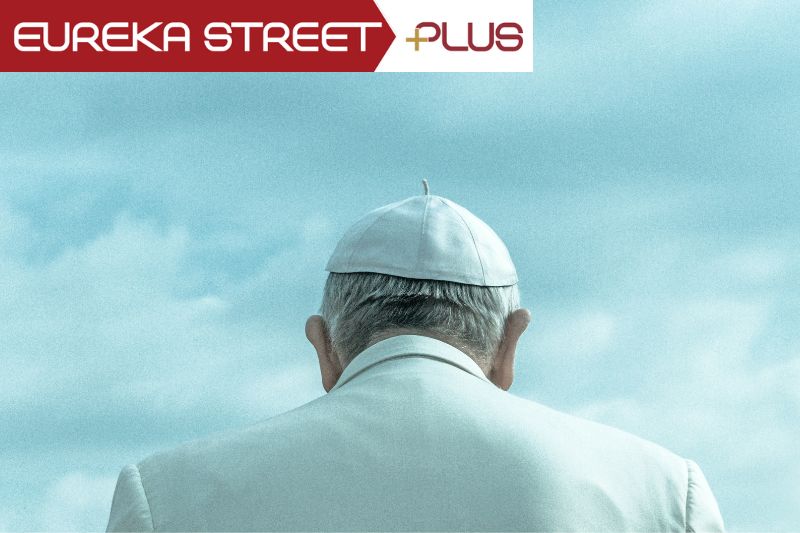
RELIGION
- Geraldine Doogue, Greg Craven, John Warhurst, Julian Butler
- 17 June 2022
3 Comments
After four years, the Fifth Plenary Council of Australia is nearly at a close with the second and final assembly in July. So what has been the significance of the Plenary Council so far, and what can we expect from the final session? In this Roundtable, Geraldine Doogue, John Warhurst, Greg Craven and Julian Butler reveal their hopes and expectations for the process and discuss likely outcomes.
READ MORE 
-
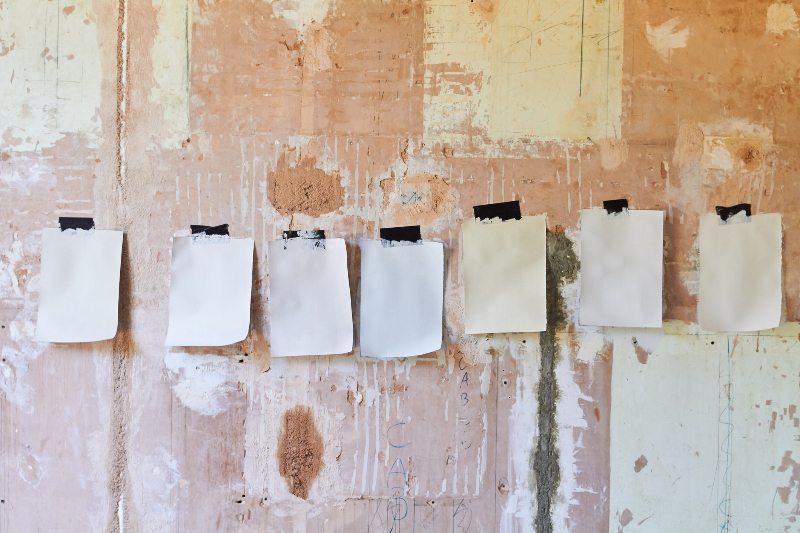
RELIGION
- Geraldine Doogue
- 15 November 2021
61 Comments
How do I assess our Plenary Council thus far? Or make sense of its related word-of-the-moment, synodality? With apologies to Churchill, dare I hope it is the ‘end of the beginning’? But of what precisely? A priest-friend distilled the challenge rather well last week to me: what would success look like?
READ MORE 
-
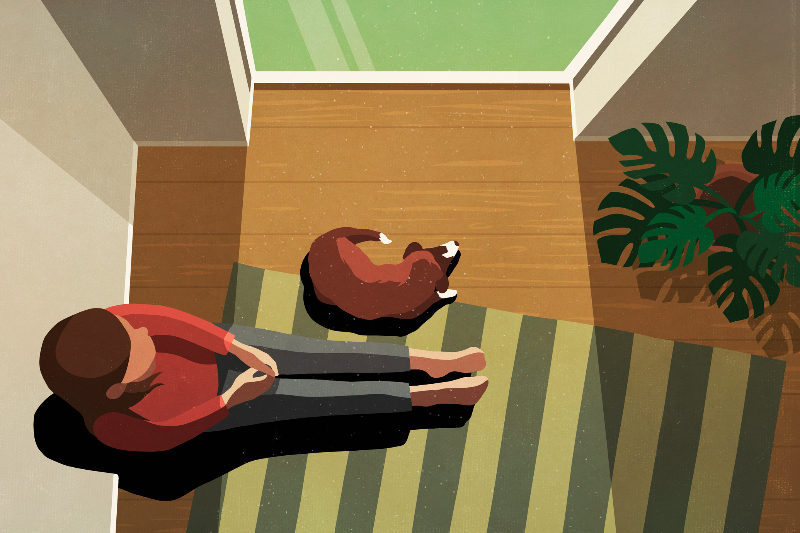
ARTS AND CULTURE
- Catherine Marshall
- 29 July 2021
6 Comments
The despair induced by daily infection and death tallies would be, in normal times, ameliorated to some extent by one’s workaday routine. And the crisis would be borne in togetherness — an impossible response, since the pandemic calls on us to withdraw into ourselves rather than draw together.
READ MORE 
-
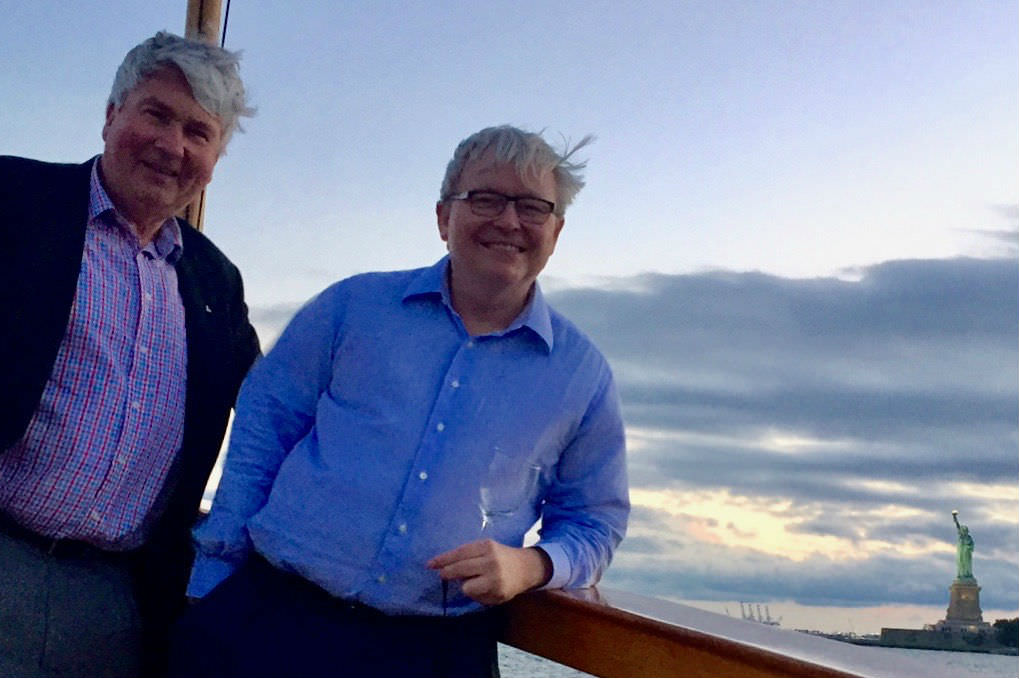
AUSTRALIA
- Frank Brennan
- 30 October 2017
9 Comments
The ogre in the book is John Howard, whom Rudd holds personally responsible for the attacks on Therese's decency and integrity in the lead up to the 2007 election. Rudd contends this 'cowardly behaviour' should not be forgotten, 'If only because this same ruthlessness remains a core part of the conservative DNA to this day'.
READ MORE 
-
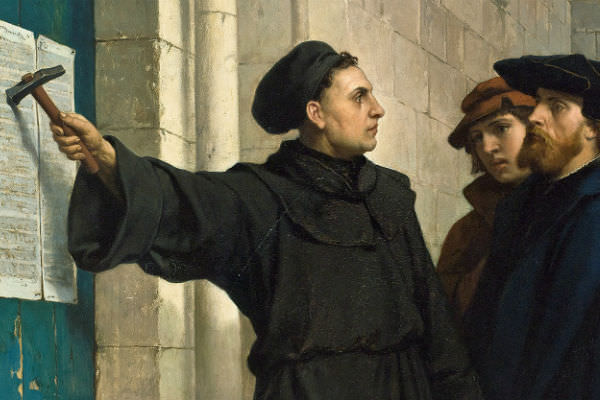
RELIGION
- Frank Brennan
- 26 October 2017
9 Comments
The first thing to note about this 500th anniversary of the Reformation is that it is the first centenary celebration or commemoration that we have been able to share together and without rancour.
READ MORE
-

EUREKA STREET TV
- Peter Kirkwood
- 05 August 2015
13 Comments
'The question for me is: Is the Catholic Church at it's most authentic when it is covering up child abuse?' asks Adam Brereton, opinion editor for The Guardian Australia. Eureka Street TV's Peter Kirkwood talks to Catholic convert Brereton and 'cradle Catholic' Gerladine Doogue about the effect that the Royal Commission into Institutional Responses to Child Sexual Abuse is having on Australian believers.
READ MORE 
-

- Maureen O'Brien
- 11 May 2015
An eye-opener in the recent ABC TV Compass program on women in church leadership was how willing two leading Australian Catholic women, Kristina Keneally and Sr Trish Madigan, were in using the 'ordination' word and seeing women's ordination as an essential part of equality in church governance. All indications are that Pope Francis doesn't share their view and nowhere more so than when he wrote in his Apostolic Exhortation, The Joy of the Gospel, that 'The reservation of the priesthood to males ... is not a question open to discussion.'
READ MORE
-

EUREKA STREET TV
- Peter Kirkwood
- 03 September 2014
5 Comments
Award-winning journalist Geraldine Doogue explores the experiences of women in leadership, from the nuns who taught her at school to former Prime Minister Julia Gillard. She reflects on the importance of ambition and achieving work/life balance, and analyses the role of women leaders in the Catholic Church.
READ MORE 